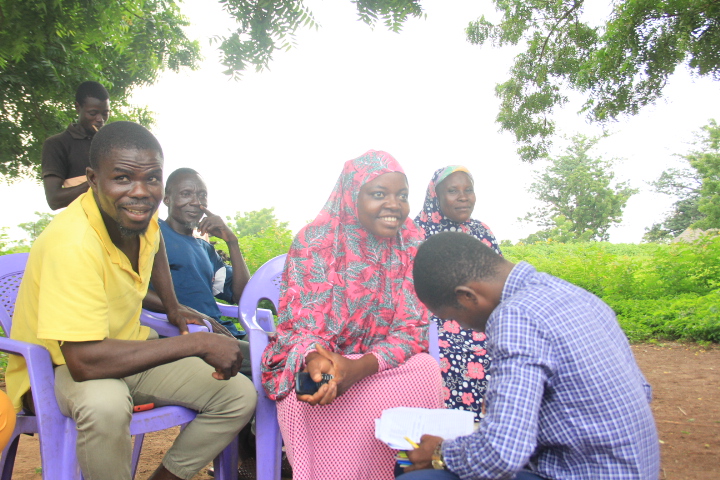In recent times, Ghana is experiencing unprecedented climate change which is having a great effect on our food systems. This has become necessary to protect and save the degrading environment and biodiversity with sustainable food production systems.
URBANET together with its partners; Action Aid Ghana, CIKOD and other CSOs believe that the goal towards food sovereignty and security during the current climate crises can only be achieved through the promotion of agroecology and Indigenous Seed development.
URBANET participated in the National Climate Change Conference organized by ActionAid Ghana (AAG) in Accra under the theme “Shifting the Finance from Funding Fossil Fuels and Industrial Agriculture to Promoting Food Sovereignty through Agroecology and indigenous Seed Development.”
We presented a paper which reflects our view on the topic; Agroecology and Indigenous Seed Production; A Sustainable and Resilient Strategies for Smallholder Farmers; led by Dr Adam Iddrisu (Climate Change and Food Security Lead).
As part of our key interventions, we are promoting sustainable Indigenous farming practices that are also climate resilient in some rural communities under our zones of influence. Through agroecological farm practices, we are ensuring that farmers have access to cost-efficient means of cultivating. Some farmers have received training on compost manure making and its significance in a sustainable environment. Other climate-adaptive interventions will be implemented going forward.








